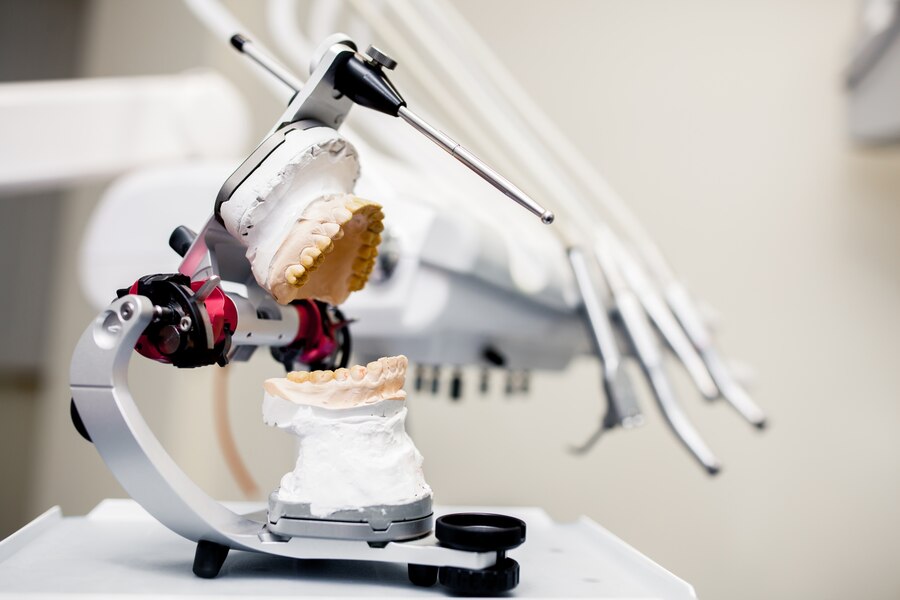Dental implants stand as a revolutionary solution for restoring missing teeth, offering both functional and aesthetic benefits. Understanding the essential stages and advantages of dental implantation is crucial for individuals considering this treatment.
1. Initial Consultation and Assessment.
The process typically begins with a comprehensive examination by a dental professional. This includes assessing oral health, bone density, and discussing the patient's suitability for implants.
2. Treatment Planning.
Based on the assessment, a personalized treatment plan is devised. This plan considers the number of implants required, the condition of the jawbone, and any additional procedures needed, such as bone grafting.
3. Implant Placement.
During this stage, the dental implant, usually made of titanium, is surgically placed into the jawbone. The implant serves as a replacement for the tooth root and provides a stable foundation for the prosthetic tooth.
4. Osseointegration.
Following implant placement, a crucial process called osseointegration occurs. The implant fuses with the surrounding bone over several months, ensuring stability and durability.
5. Abutment Placement.
Once osseointegration is complete, an abutment, a connector piece, is attached to the implant. This serves as a support for the prosthetic tooth or crown.
6. Prosthetic Placement.
Finally, a custom-made prosthetic tooth, such as a crown, bridge, or denture, is securely attached to the abutment, completing the implant restoration.
Advantages of Dental Implants
-
Enhanced Functionality.
Implants mimic natural teeth, providing stability and functionality similar to real teeth.
-
Improved Aesthetics.
They blend seamlessly with natural teeth, enhancing the appearance of the smile.
-
Durability and Longevity.
With proper care, dental implants can last a lifetime, making them a cost-effective long-term solution.
-
Preservation of Jawbone Health.
Implants help maintain bone density and prevent bone loss, unlike traditional bridges or dentures.
-
No Impact on Adjacent Teeth.
Unlike bridges, implants don't require alteration or support from adjacent teeth, preserving their integrity.
-
Enhanced Confidence and Quality of Life.
Dental implants restore the ability to chew, speak, and smile confidently, improving overall well-being.
Dental implantation involves a systematic process, offering numerous advantages in restoring missing teeth. Its ability to replicate natural teeth in function, appearance, and durability makes it a highly sought-after solution for individuals seeking a permanent and reliable tooth replacement option. Consulting a qualified dental professional is essential to determine candidacy and create an effective treatment plan for dental implantation.







